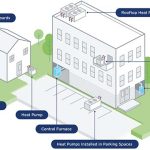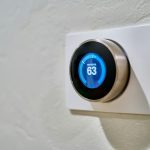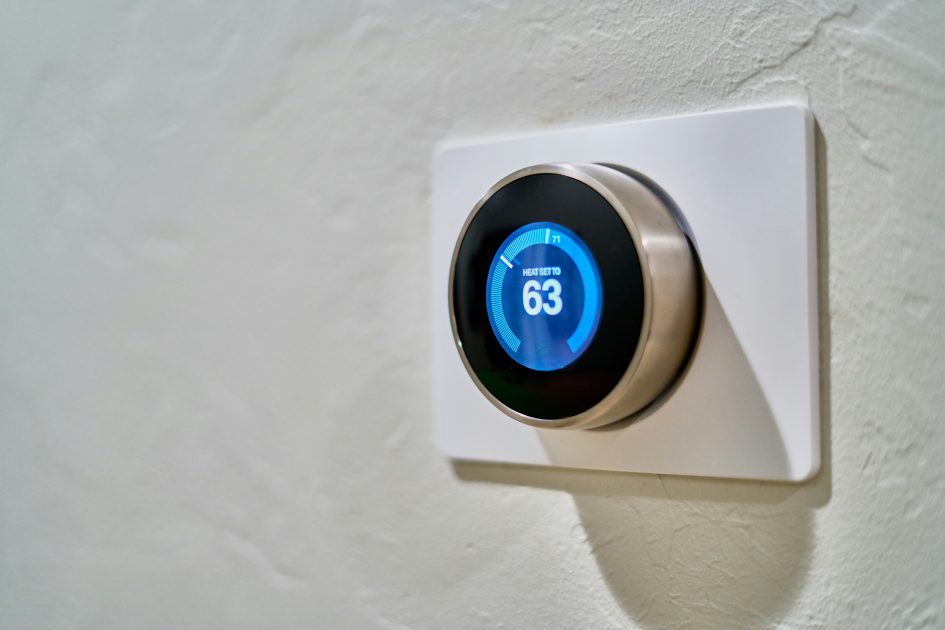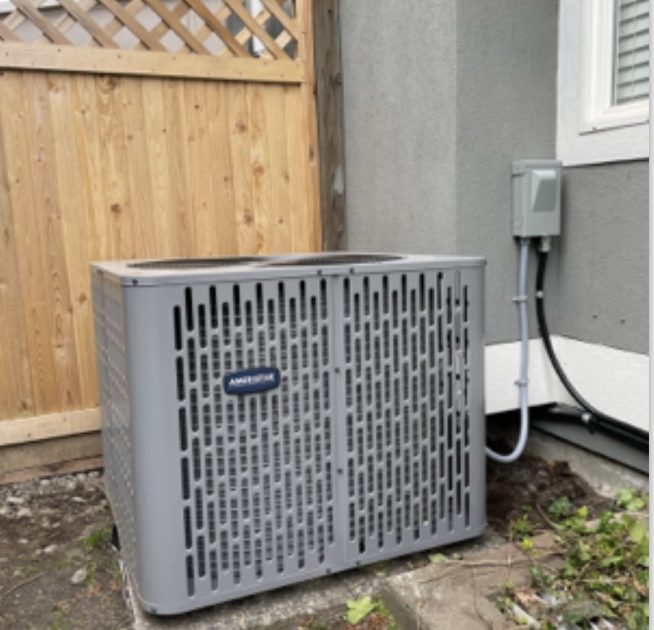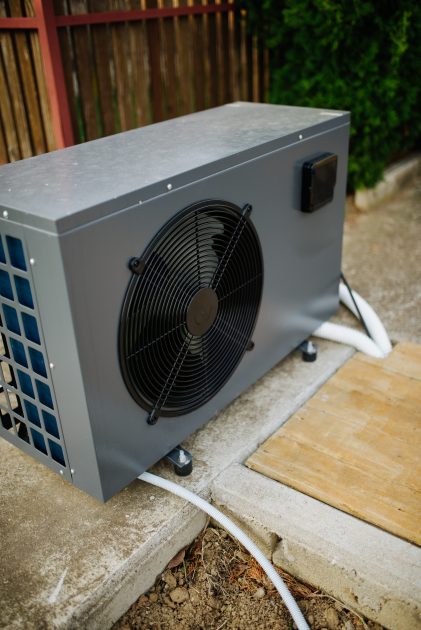The Future of Heating and Cooling: Emerging Heating and Cooling Technologies
water to transfer heat, offering exceptional energy efficiency and comfort. By circulating hot water through pipes installed in floors or walls, it provides consistent and even heat distribution, eliminating the hot and cold spots common with traditional systems. The absence of forced air means quieter operation and reduced circulation of dust and allergens, making it a healthier option. However, the installation can be more complex and costly, particularly for retrofitting existing structures, but the long-term energy savings and enhanced comfort often justify the initial investment.
Gas Log Fires
Gas log fires combine the charm of a wood-burning fireplace with modern efficiency and convenience. They produce no smoke or ash, making them a cleaner and healthier option. Gas log fires offer easy control, often through remote or smartphone apps, and provide steady, energy-efficient heat with lower emissions compared to traditional wood-burning fireplaces.
Multi-Head Split Systems
Multi-head split systems are gaining popularity for their versatility and energy-saving potential. These systems consist of multiple indoor units connected to a single outdoor unit, allowing for individual temperature control in different rooms. This customization ensures that each room can be heated or cooled to the occupants’ preferences, improving comfort and reducing energy waste. The energy efficiency of these systems comes from selectively conditioning only occupied spaces. While the installation can be complex and the upfront costs higher, the long-term savings and personalized comfort make them an attractive option.
Smart Thermostats
Smart thermostats are revolutionizing how we manage our heating and cooling systems. Equipped with advanced sensors and Wi-Fi capabilities, they can learn user habits and optimize energy usage accordingly. By automatically adjusting temperatures based on real-time data and user behavior, smart thermostats enhance comfort and significantly reduce utility bills. Features like remote control via smartphone apps and voice control compatibility add to their convenience. However, they are more expensive upfront compared to traditional thermostats and require a stable Wi-Fi connection for optimal performance.
Heat Pump Technologies
Heat pump systems are becoming increasingly vital in the quest for energy-efficient heating and cooling. They work by transferring heat rather than generating it, making them significantly more efficient than conventional systems. Air-source, geothermal, and absorption heat pumps offer various advantages, such as reduced energy use, lower emissions, and versatility in both heating and cooling modes. Innovations like two-speed compressors and variable-speed motors have further improved their efficiency and performance. Despite their higher initial cost, the operational savings and environmental benefits make heat pumps a forward-thinking choice.
Renewable Energy Integration
The integration of renewable energy sources like solar and wind power into HVAC systems is a promising trend. Solar-powered air conditioning and heating systems are being developed to operate entirely on renewable energy, reducing reliance on fossil fuels. These systems can significantly lower carbon footprints and operating costs. However, the feasibility of such systems depends on geographic location and climate, as well as the initial investment required for installation and technology.
High-Efficiency Boilers
High-efficiency boilers remain relevant as we transition towards more sustainable heating solutions. Advances in boiler technology have led to higher efficiency rates, lower emissions, and greater compatibility with renewable fuels like biofuels and hydrogen. These boilers can achieve better performance with less energy consumption, making them a practical option for areas where renewable energy adoption is still developing. Their continued use ensures reliable heating while supporting the gradual shift to greener alternatives.
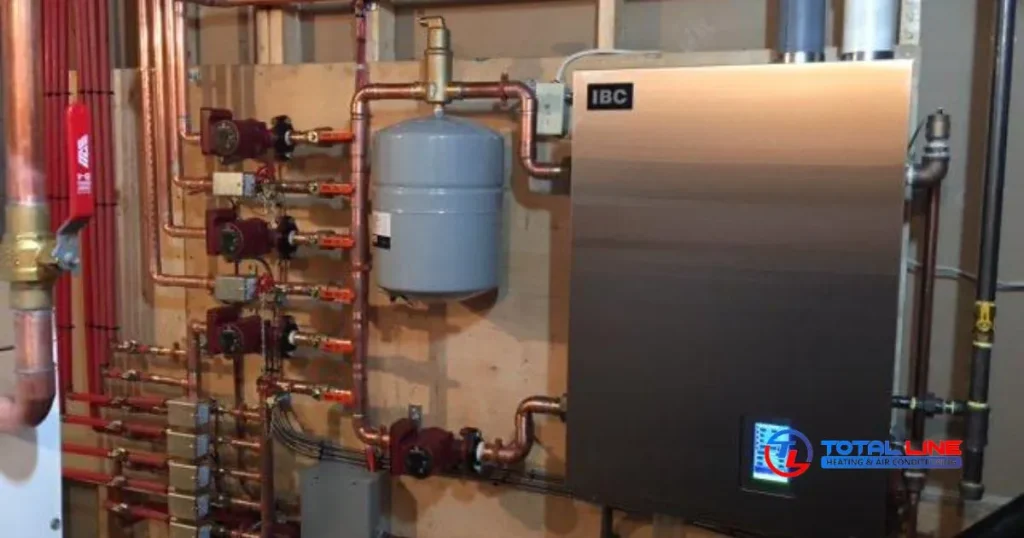
Smart Home Integration
Smart home integration is transforming HVAC systems by enabling seamless control and automation. Smart thermostats and heating controls allow homeowners to manage their HVAC systems remotely, optimizing energy usage and enhancing comfort. These systems can be integrated with other smart home devices, such as lighting and security systems, to create a cohesive and efficient home environment. The use of artificial intelligence and machine learning enables these systems to learn user preferences and adjust settings automatically, providing personalized comfort and energy savings. While the initial setup can be costly and complex, the long-term benefits of improved efficiency, convenience, and reduced energy consumption make smart home integration a valuable investment for modern homes.
Conclusion
At Total Line, we’re dedicated to bringing you the latest in heating and cooling innovations. Our expertise in hydronic heating, gas log fires, multi-head split systems, smart thermostats, and other cutting-edge technologies ensures that your home remains comfortable and energy-efficient all year round. Contact us today to explore how our advanced solutions can transform your living environment and save you money.
Ready to make the switch? Contact us for a free consultation and find out how you can benefit from these limited-time offers. Act now to ensure you get the best deals and incentives available.





